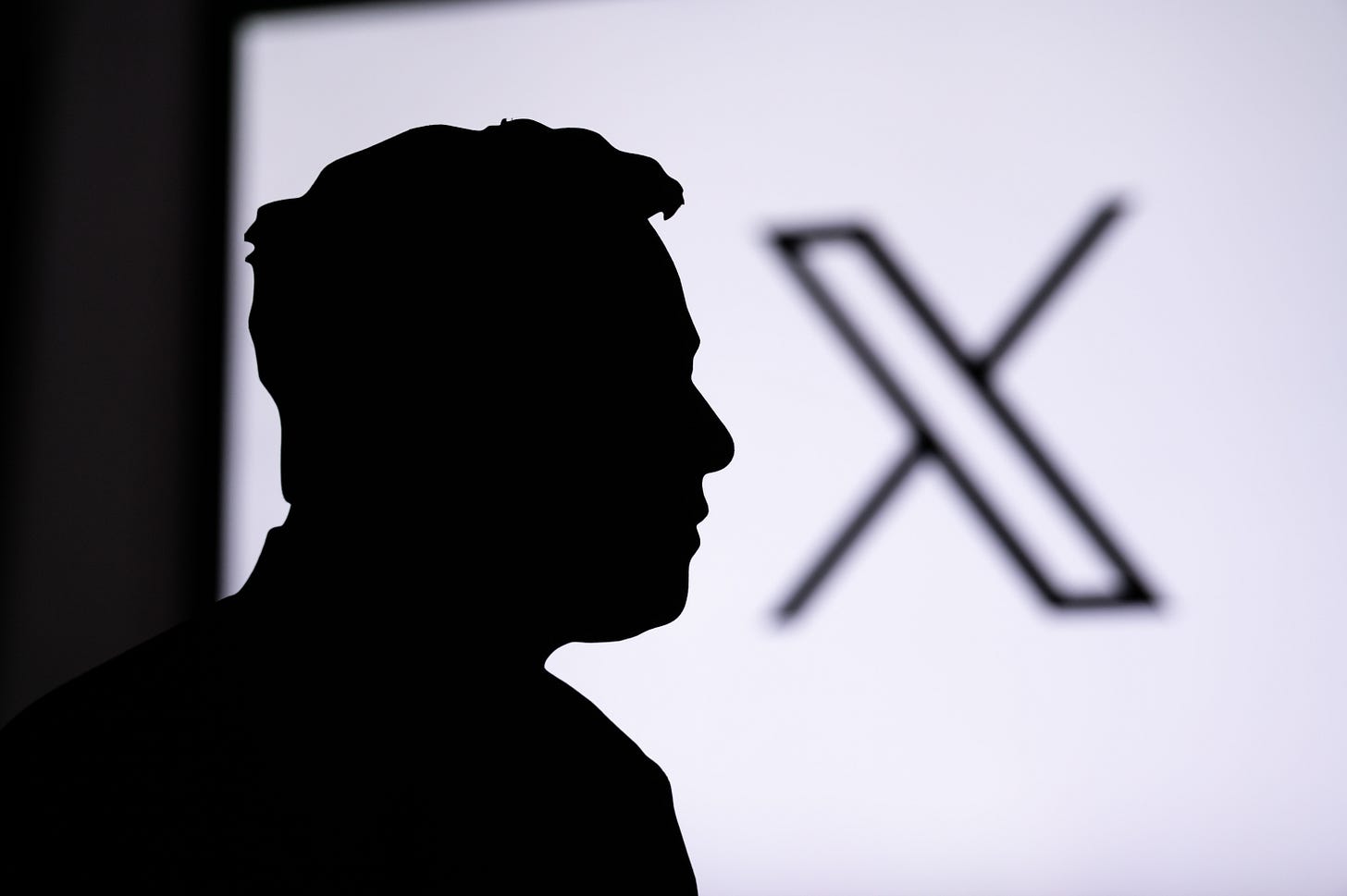At a White House press briefing on Wednesday, a reporter noted that Elon Musk is a government employee “who also owns companies that have billions of dollars in federal contracts,” then continued by asking White House Press Secretary Karoline Leavitt, “What steps is the Trump administration taking to address that conflict of interest?
Her answer:
“The president...said if Elon Musk comes across a conflict of interest with the contracts and the funding that DOGE is overseeing, then Elon will excuse himself from those contracts.”
Her response is riddled with inaccuracies. Let’s break those down.
Big picture: It is, of course, absurd to rely on Elon Musk to recognize and respond to his own conflicts of interest. As far as I can gauge, Musk does not even recognize that he is not an elected official. Even if he had been, the only place in the federal government that relies on officials to police their own conflicts is the Supreme Court…and, well, we know how that has turned out.
Nearly fifty years ago, Congress created a system for proactively detecting and preventing conflicts of interest. Here’s how the system is intended to work. According to statute, high-level officials—almost all of whom wield much less power than Musk currently does—must file publicly available financial disclosures.
Government ethics professionals then comb through those financial disclosures and identify situations where officials have to abstain (or “recuse”) from participating in government matters, and where they have to divest from financial holdings that create conflicts. Journalists, non-government organizations, and the public can access those financial disclosures and serve as a further check on conflicts of interest.
None of that has happened with Elon Musk.
There has been no public disclosure of his finances—nor is there any indication that Musk has ever submitted his finances (confidentially or otherwise) for government ethics professionals to review and advise him about the conflicts created by his numerous government contracts and other financial holdings.
Even government officials who have a reputation for being above reproach must nonetheless disclose their finances. Musk is by no means above reproach. In fact, in 2018, he paid a $20 million fine to the Securities and Exchange Commission for lying to investors.
The smaller picture, which just adds to the exposure of the ineptitude of the President’s administration, is that—in addition to the preposterous suggestion that Musk could, would, or should police his own conflicts—the Press Secretary’s statement is the ethics equivalent of a “word salad.” Once again:
“The president ... said, if ... Musk comes across a conflict of interest with the contracts and the funding that DOGE is overseeing, that Elon will excuse himself from those contracts.”
[emphasis added]
What did she mean when she said that Musk “will excuse himself”? That he will divest from his companies that are creating the conflicts? That he will recuse himself from participating in government matters?
It’s not entirely her fault that she literally doesn’t know what she’s saying. It’s the bigger picture that’s more frightening. The alarming element of her response is not her evident ignorance to the lexicon she’s sharing with the nation on behalf of our supposed leader. The terrifying reality is that President Trump does not care about Elon Musk’s conflicts of interest. Just like he didn’t care about his own conflicts of interest.
Thing is, Congress cares—or, at least, functional Congresses have cared, and have even criminalized conflicts of interest and invested heavily in preventing them.
Congress made it a criminal offense for an executive branch official to participate in a matter where they have a financial conflict. It created a system to prevent conflicts of interest through public financial disclosures, recognizing that proactive prevention may be more important than after-the-fact prosecution.
Every year, 26,000 executive branch officials file publicly available financial disclosures.
So…why won’t Elon Musk?
His status as a “special government employee” (or “SGE”) is no excuse. No matter how much of an extra-special boy he perceives himself to be, in 2023, 162 SGEs filed publicly available financial disclosures.
It would be difficult to concoct a more conflicted government employee than Musk, whose companies have $3 billion in contracts with 17 federal agencies.
Trump has granted Musk carte blanche to rifle through all of the executive branch’s unclassified “records, software systems, and IT systems”—including extremely sensitive procurement data and enforcement files. Imagine the unfair advantage Musk now has in competing for government contracts if he can access his competitors’ proprietary data.
Crowds are out in the streets across the nation, understandably (yet peacefully) protesting against Musk’s access to our social security numbers and bank account information. The public is enraged. Privately, the leaders of companies that compete with Musk for federal contracts must be seething.
I believe they, and the majority of the American public, would be delighted if Musk would just…excuse himself.
Kathleen Clark is a professor of law at Washington University. She works in the areas of legal ethics, government ethics, the law of whistleblowing, and national security law.





My blood is boiling every time I read about Musk
Musk and his band of underage nazis have gone around our Maginot Line (the Constitution) and driven straight into the heart of our modern Government (the computer programs). The only way we will get them out will be to forcibly eject them.